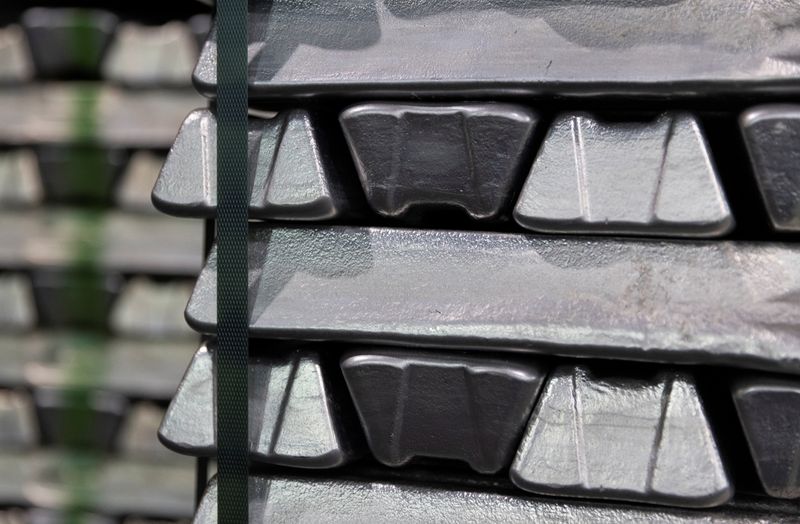AI Sentiment: Bullish
Reason: The article is bullish about the aluminium market as it reports on a 30% increase in premiums paid by Japanese buyers due to rising costs and tight supply conditions, indicating strong demand and a robust market for aluminium.
Buyers from Japan, the world's third-largest economy, have agreed to pay a 30% higher premium for their aluminium needs in the first quarter of 2023, in comparison to the fourth quarter of 2022. This significant rise is due to the increasing costs associated with shipping and tight supply conditions globally. The premium, which is paid over the London Metal Exchange (LME) cash price, has been set at $159 a tonne, up from $122 during the last quarter of 2022.
Japan is a widely recognized benchmark setter for the aluminium market in Asia. The agreed premium for the first quarter will be the highest since the third quarter of 2018. This agreement will consequently impact the cost of importing aluminium into Asia, and ultimately the prices of products made from aluminium.
The increase in the premium is mainly due to a couple of factors. One is the spike in freight charges, partially caused by the ongoing global pandemic. The other factor is the tight supply of aluminium, which has been impacted by production cuts in China. China, the world's largest consumer and producer of aluminium, has been reducing its aluminium production in an attempt to reduce pollution.
The tight supply and high demand for aluminium have led to an increase in the LME cash price for the metal. This price has surged by more than 50% over the past year. Despite the high premiums, buyers are continuing to purchase aluminium due to its wide usage in various industries such as autos, cans, and construction.
While the higher premium may put some pressure on manufacturers, it also reflects the fundamental strength of the aluminium market. The market is expected to remain tight due to the ongoing supply constraints and high demand. This situation is likely to keep the LME aluminium prices strong in the near term.




